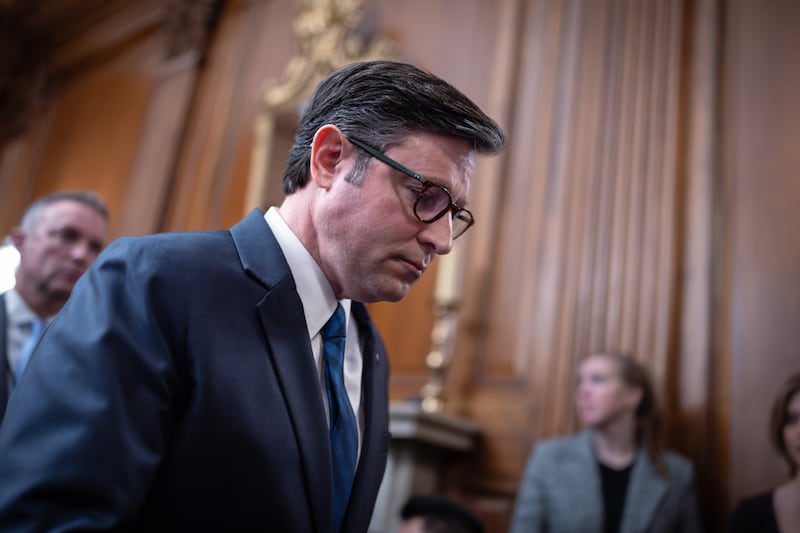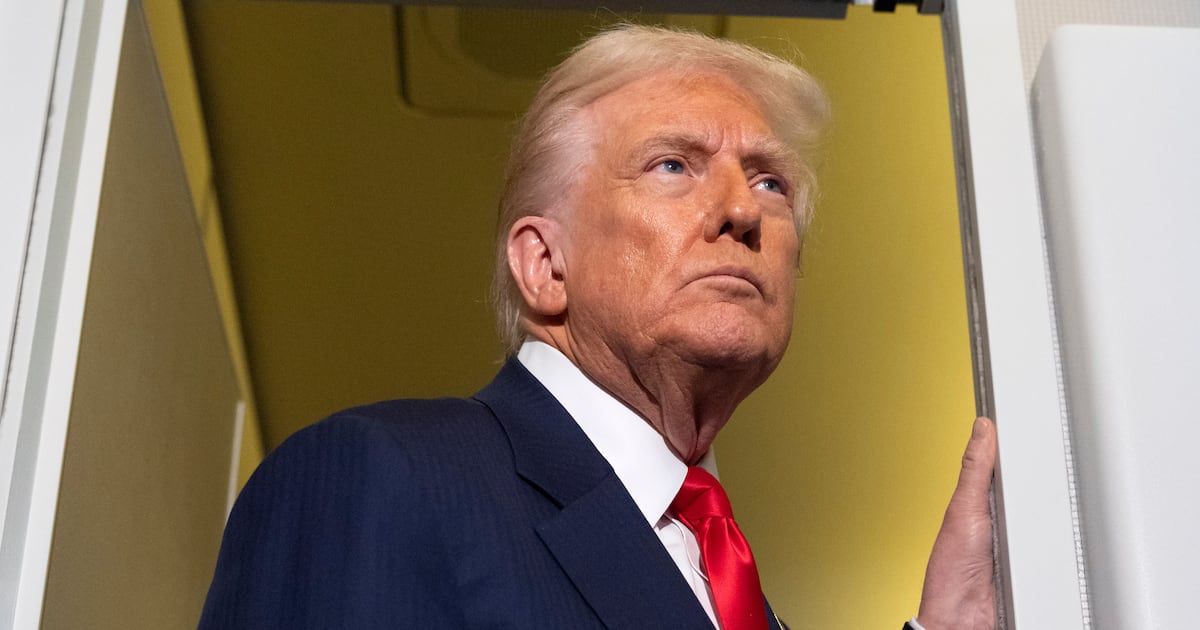CTV’s Jeremie Charron on the U.S. Senate voting against Trump’s tariffs on Canada and the latest on the stalled trade talks.
If you thought U.S. President Donald Trump’s trade war with Canada was suddenly over after last night’s Senate vote to knock down his tariffs, well think again.
In a rare bipartisan vote, the Senate indeed voted to block Trump’s tariffs on Canada, passing a resolution to end the national emergency declaration that allowed the president to impose duties on Canadian goods.
But – and there is always a but – the vote is largely symbolic because it’s unlikely to become law.
A pre-emptive block
The Republican-controlled House, under Speaker Mike Johnson, passed a new rule that bars any measures that challenge Donald Trump’s tariff policies. That effectively means that Senate vote won’t see the light of day.
However, the vote does show some cracks and concerns among a handful of Republicans and Democrats about the economic punishment tariffs have put on consumers – and let’s not forget the strain it has placed on U.S. Canada relations.
 Mike Johnson tariff news Speaker of the House Mike Johnson, R-La., departs a news conference on the 30th day of the government shutdown, at the Capitol in Washington, Thursday, Oct. 30, 2025. (AP Photo/J. Scott Applewhite) Republicans cross the floor
Mike Johnson tariff news Speaker of the House Mike Johnson, R-La., departs a news conference on the 30th day of the government shutdown, at the Capitol in Washington, Thursday, Oct. 30, 2025. (AP Photo/J. Scott Applewhite) Republicans cross the floor
Four Republican senators sided with the Democrats.
Among them are Kentucky’s Mitch McConnell and Rand Paul, both concerned about rising costs in manufacturing. They’re also hurting over Canada’s booze ban on bourbon, a big export to Canada.
The other two: Republican Senator Susan Collins of Maine spoke about how the two countries economies are intertwined, and Alaska’s Lisa Murkowski says Canada is their most accessible neighbor and vital source of goods.
It’s not the first time they’ve sided with their colleagues on the other side of the aisle. In April, the Senate passed a similar resolution on Canadian imports.
 Mitch McConnell Sen. Mitch McConnell, R-Ky., arrives on the Senate subway on Capitol Hill, Tuesday, Oct. 21, 2025, in Washington. (AP Photo/Mariam Zuhaib) What’s next?
Mitch McConnell Sen. Mitch McConnell, R-Ky., arrives on the Senate subway on Capitol Hill, Tuesday, Oct. 21, 2025, in Washington. (AP Photo/Mariam Zuhaib) What’s next?
While analysts say this second vote to nullify Trump’s tariffs is notable, it does not change Trump’s tariff policy.
But a large part of it will face a legal test next week, when the Supreme Court hears oral arguments on whether Trump’s use of a national security statute – the International Emergency Economic Powers Act of 1977, or IEEPA – is legal.
The hearing combines two cases, pushing back on Trump’s so-called “reciprocal” tariffs imposed on countries around the world, and his fentanyl-related levies on Canada, Mexico and China.
The Conservative-majority court is not expected to release a ruling for months or longer.
With files from the Associated Press

